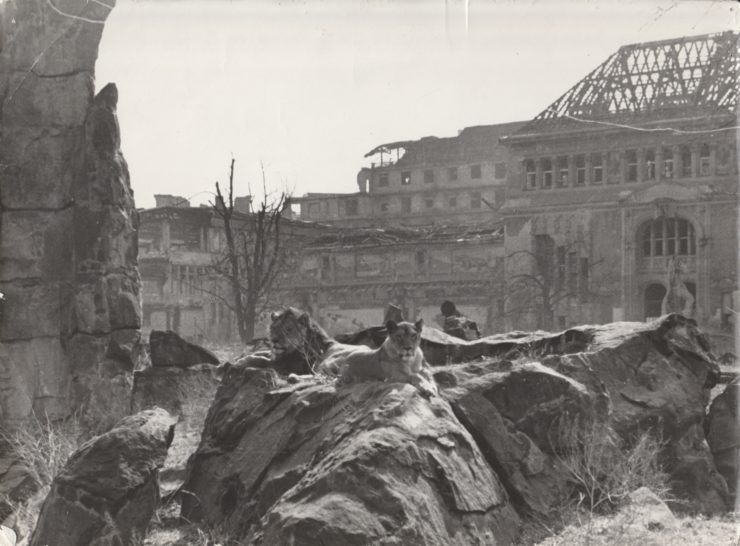Agenda
Public Keynote: “Berlin Zoo under the Sign of the Swastika: Animals, Ideology, and the Politics of Memory”
Berlin Zoo under the Sign of the Swastika:
Animals, Ideology, and the Politics of Memory
Public Lecture by
Dr Clemens Maier-Wolthausen (Zoo Berlin)
Drift 23, room 1.04
Immediately after the rise to power of the Nazi party in 1933, the Berlin Zoo, and especially its director Lutz Heck, sought to please the new German regime by pushing out Jewish board members and shareholders and reducing the entrance fees for Nazi organisations. Later, Heck created a “German Zoo” — a collection of animals native to central Europe — and, at the request of Hermann Göring, initiated a breeding programme for European bison. In line with the Nazi propaganda he also attempted to back-breed the extinct Aurochs. After the end of the War, the Zoo was presented, by its staff and by politicians, as an apolitical space untouched by National Socialism, and the memory of the zoo’s involvement with the Nazi regime was kept hidden for 50 years. In this talk Clemens Maier-Wolthausen will show how the Zoo in Germany’s capital became a perfect mirror of the Nazi regime’s ambitions and how — more than 80 years later — it still struggles with the legacy of this part of its history.
Clemens Maier-Wolthausen studied contemporary history in Berlin and Bergen. In 2007 he earned his PhD from the European University Institute in Florence with a dissertation on the memory politics surrounding the German occupation of Denmark and Norway. His subsequent project concerned the humanitarian aid for German Jewish refugees in Sweden. He has curated a number of exhibitions for the German Historical Museum, the Leo-Baeck-Institute, and others. Since 2015 he has been researching the history of Berlin Zoo.


